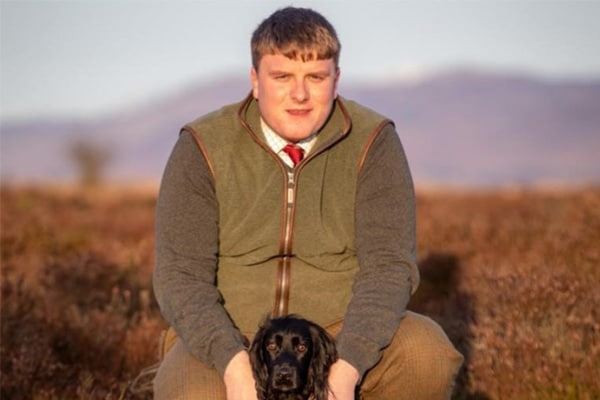
New country officer for BASC Scotland
BASC Scotland has appointed Nick Raby, former manager of Gleneagles Shooting and Fishing School, as its new country officer.
Get information on the legal shooting season for mammals and birds in the UK.
Apply for funding for your project or make a donation today
Comprehensive information and advice from our specialist firearms team.
Everything you need to know about shotgun, rifle and airgun ammunition.
Find our up-to-date information, advice and links to government resources.
Everything you need to know on firearms law and licensing.
All the latest news and advice on general licences and how they affect you.
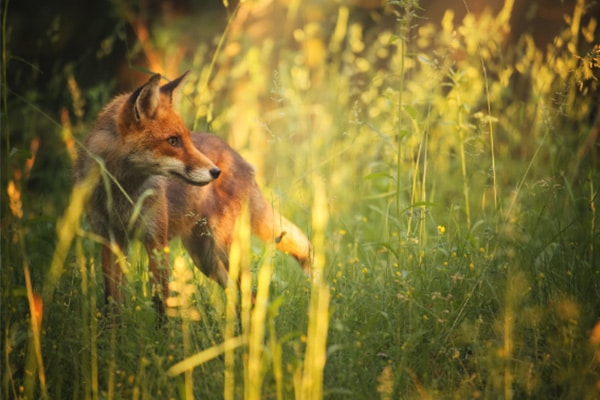
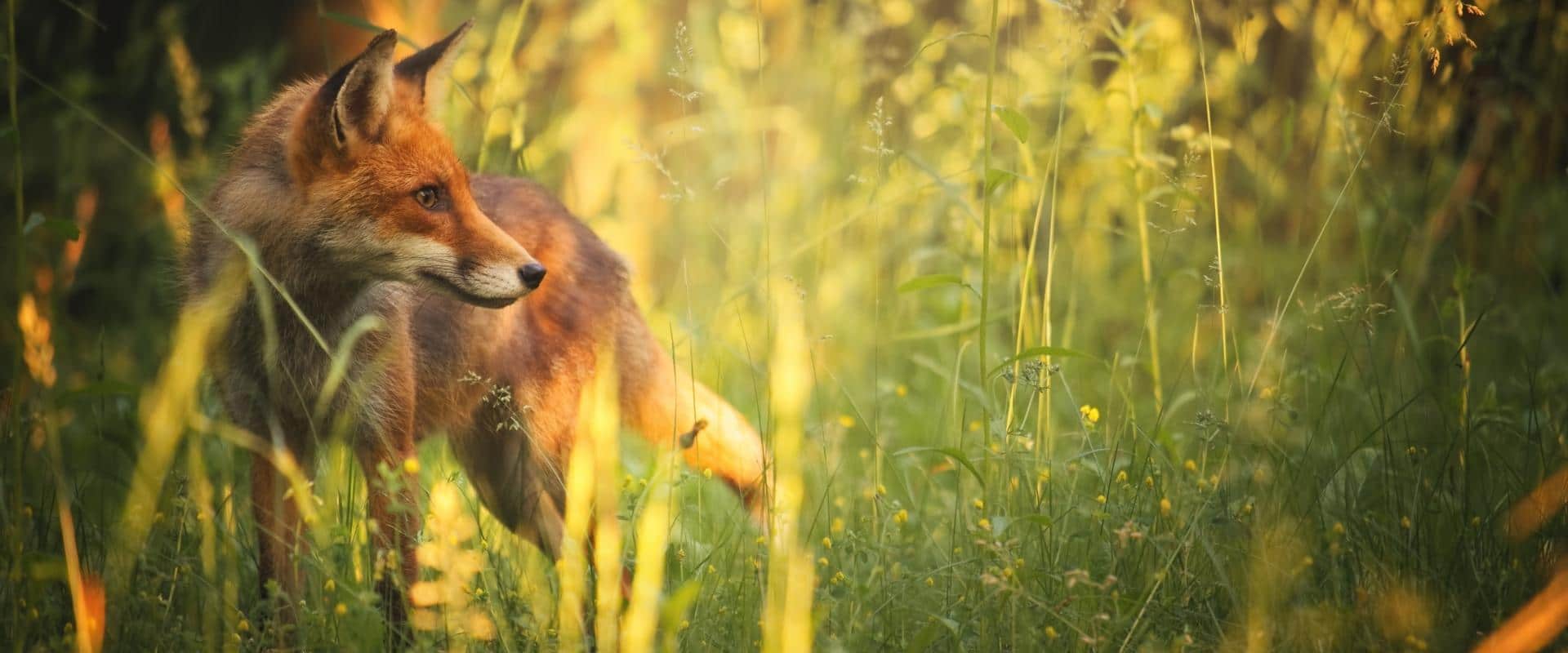
BASC Scotland Director Dr Colin Shedden reviews the recently-published Hunting with Dogs (Scotland) Bill and what it means for the shooting community.
The Hunting with Dogs (Scotland) Bill was published on 24 February 2022. It will repeal and replace the Protection of Wild Mammals (Scotland) Act 2002. If you remember, this was the Act that effectively stopped fox hunting in Scotland, but at the same time allowed it to continue, provided the intention was to flush foxes to waiting guns, to then be shot.
When the 2002 Act was going through Stages two and three of the parliamentary process, BASC and other organisations ensured that MSPs successfully proposed amendments that protected the interests of those who used dogs for shooting and stalking.
It is essential that we maintain the same level of vigilance as this new Bill, 20 years after the 2002 Act, goes through parliamentary approval.
The Bill creates an offence if a person “hunts a wild mammal using a dog”. It is important to note at this point that the definition of “wild mammal” will also change under the Bill. In the 2002 Act, rabbits and rodents were excluded but the new Bill only excludes rats and mice.
In addition, the owner or occupier of land also commits an offence if he or she “knowingly causes or permits another person to hunt a wild mammal using a dog on that land”. The same applies to the owner of the dog if another person uses it hunt a wild mammal.
There are, however, exceptions to the above. These are:
The use of one or two dogs to “search for, stalk or flush from cover a wild mammal, with the intention of killing it” to prevent serious damage to livestock, woodland or crops, or to prevent the spread of disease or to protect human health. You can also use two dogs to retrieve a wild mammal that has been killed.
What this means: This would cover those using one or two dogs to flush rabbits or foxes and would also cover most deer stalking situations where a dog is used to detect deer and follow up a shot deer.
A licence can be granted for the use of more than two dogs for the same activity described above. This will probably be administered by NatureScot, who will need to be satisfied that there is no other solution apart from the use of more than two dogs. This licence would last for up to 14 days.
What this means: We would imagine that most applications for a licence would be to use a pack of hounds to flush foxes from upland woodlands, or lowland farmland, to then be shot.
A single dog may also be used below ground to search for or flush a fox or mink to prevent damage to livestock etc. or to relieve the suffering of an injured fox or mink or of dependent cubs (basically the same as the 2002 Act).
Section 6 of the Bill is the most important one for most shooters in Scotland. This is the exception for “falconry, game shooting and deer stalking”. It allows the use of no more than two dogs to search for, stalk or flush from cover a wild mammal, with the intention of providing quarry for falconry, game shooting or deer stalking”.
What this means: In this section “game shooting” means “shooting wild mammals for sport” and does not apply to the shooting of gamebirds. Consequently the restriction on using no more than two dogs does not apply on a pheasant, partridge or grouse shoot as long as there is no intention to hunt wild mammals.
Further clarity on this is provided in the explanatory notes, which say:
“Although game shooting as a sport may involve shooting birds as well as wild mammals, the use of dogs in that context will not fall within the ambit of the Bill. That is because dogs are being used to flush game birds, and not to hunt wild mammals.”
‘Environmental benefit”. Under this exception up to two dogs can be used to search for, stalk or flush from cover a wild mammal if it is being done for “preserving, protecting or restoring a particular species (which may include controlling the number of a species for its welfare), preserving, protecting or restoring the diversity of animal or plant life or eradicating an invasive non-native species of wild mammal from an area”.
What this means: As examples, this could allow up to two dogs to be used to assist with killing or capturing hedgehogs on Uist or stoats on Orkney. Under this section a licence can be applied for the use of more than two dogs, as before, but this licence could last up to two years.
In all of the above exceptions reasonable steps should be taken to ensure that any dog used in the activity does not join with others to form a pack of more than two dogs.
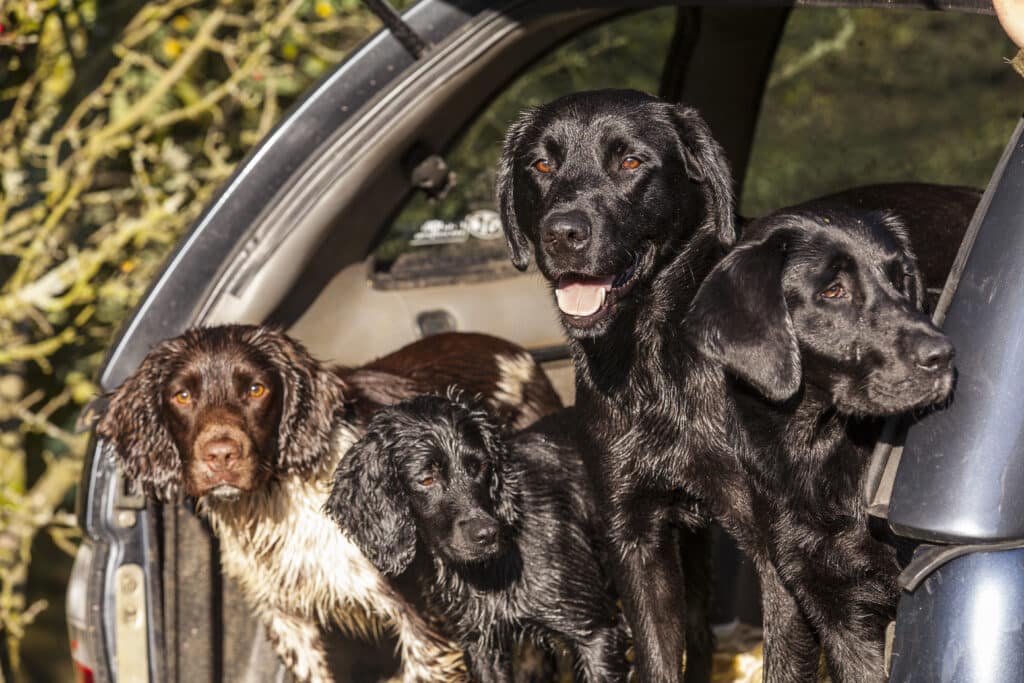
Trail hunting is to be made an offence under the new Bill. Trail hunting is defined as the activity in which a dog is directed to find and follow an animal-based scent that has been laid for that purpose.
During the drafting of this Bill we made it clear that this would inadvertently catch-up those who lay blood trails, for example, to train their deer dogs to follow-up wounded deer. We are pleased that Section 12 contains an exception that allows a dog (or two) to find and follow an animal-based scent which has been laid in order to train a dog for a lawful purpose. Reasonable steps should be taken to ensure that no wild mammal is pursued, injured or killed during this training.
Whenever legislation like this is proposed or discussed the one question that is raised is “What if my dog runs off by itself while being walked in a park and chases a squirrel or a rabbit? Am I now breaking the law?”
The answer is given in the explanatory notes: This would not be caught by the offence because in this instance the owner is not hunting a wild mammal using the dog. The word “hunting” carries with it a requirement of intentional conduct.
A person who commits an offence under the main provisions of the Bill could face a custodial sentence of up to five years or a fine, or both.
This Bill, if passed unchanged, will have minimal impact on those of us who use one or two dogs in the countryside for pest control, game shooting, wildfowling or deer stalking.
If shooting or managing mammals we will be restricted to using no more than two dogs. There will be no restriction on using more than two dogs while beating or picking up at gamebird shoots as long as there is no intention to hunt mammals. Most gamebird shoots specify that no ground game will be shot, therefore there is no intention to hunt mammals.
Unlike the 2002 Act, this Bill includes rabbits and squirrels in its definition of mammal therefore it would be illegal to use more than two dogs to hunt rabbits. Training of dogs with animal-based scents will be permitted, while trail hunting will not be.
Finally, the greatest impact will be felt by those who rely on a pack of hounds to help flush foxes from cover. There are provisions to allow such activity to take place under licence but it is not clear how easily obtained such licences will be.
Some will also question the rationale behind a 14-day licence for pest control but a two-year licence for work for “environmental benefit”.
BASC will continue to work closely with other land management organisations in Scotland on this important Bill.

BASC Scotland has appointed Nick Raby, former manager of Gleneagles Shooting and Fishing School, as its new country officer.
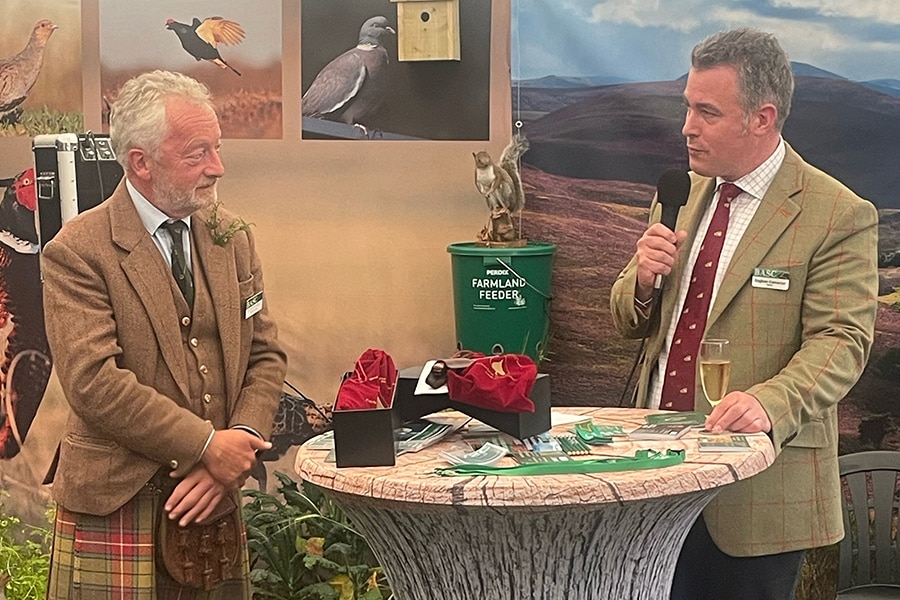
After 39 years at BASC, director of Scotland Dr Colin Shedden officially retired at the Scottish Game Fair.

Ahead of the Scottish elections on 6 May, Ross Ewing breaks down the party manifestos to expose how their policies will affect shooting and conservation.